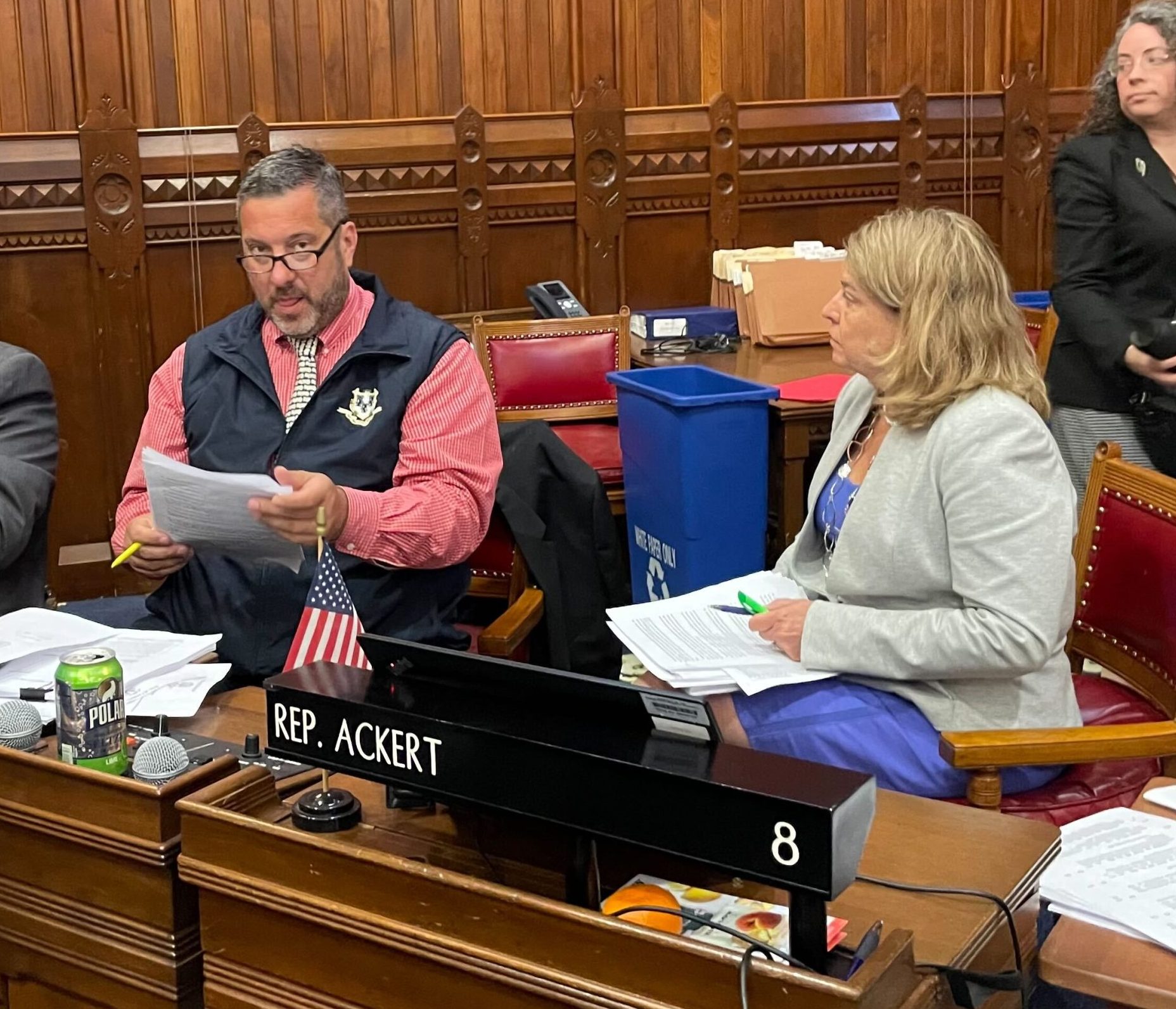
Connecticut has had a long road, and certainly a bumpy one with how people with autism have been treated.
People with autism are still discriminated against often. And while we are making leaps and bounds, there is still work to be done.
I have met many kids with troubled pasts. Some from the Partial Hospitalization Program at the Hospital for Special Care, and some from my school for people specifically with autism. Some I have even met online. Some stories I have seen are abusive parents (one where the kid with autism literally had to raise his siblings), one where a 16-year-old kid was in foster care, and one where they could not go to a school for people with autism simply because of his school attendance.
There are some kids that can’t leave their home; some that can’t even speak, but go to public school, and therefore get bullied for having a behavioral issue, and then can’t speak up because of their speaking impediment.
I have even experienced things. Teachers have abused their powers around me, sometimes restraining me, and making threats, usually just because they are untrained. I have been expelled from school twice. One time I couldn’t get an education for two months.
But don’t feel bad for me. I am probably the better off of the bunch. Autism is not ruining people, but other people who do not understand our struggles have ruined many autistic people’s lives.
The government is not doing much better. Connecticut has a 10-year waitlist for autism waiver services. And it is not getting much better most likely, even with the passage of HB 5001, which does allow 600 people to get off the waitlist and into services. But that still leaves about 1,400 people waiting to get services. That is still more than in February, when there were a bit over 1,000.
Students in Connecticut also have a hard time getting educational services. For example, kids with individualized education programs are not guaranteed to get to the placement they want. The Planning and Placement Team team has to approve the placement, and many placements can be denied because of cost.
In my case I was able to get a special placement, but I had to wait two months to get it, leaving me with only two months of the placement for this year. Some kids have to wait even longer, especially if they are appealing a decision. Many argue that appealing is a good way to get the placement want. But this is untrue. It can cost families thousands to get a lawyer, and takes much needed time away from a kid’s education, especially if the kid is expelled or homebound.
To fix the whole system, there will need to be reforms done in almost every area. There could be reforms done, like a school voucher to avoid the PPT bureaucracy that currently exists. There could be reforms to Individualized Education Plan laws. There could even be public school reforms. There could be more funding given to the autism waiver. But there needs to be some advocating for it.
Time will tell if anyone does. But it is looking very unlikely, which is sad.
Jacob Collins is a student at Farmington High School.
This content was originally published here.
